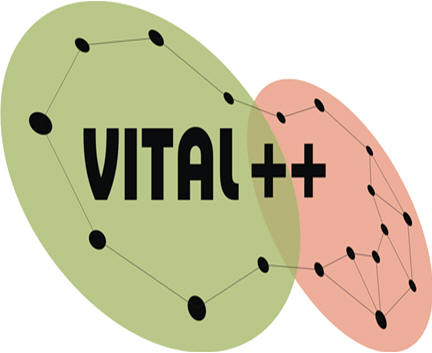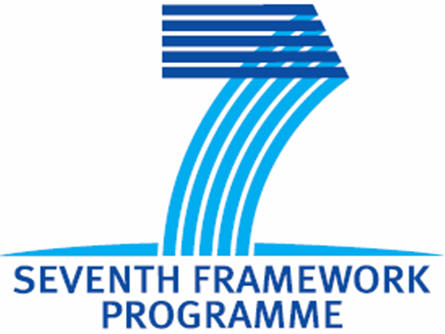FIA
European research - FIA PPP
A Future Internet for Future European economies and societies
Lifting Europe's economy out of the crisis is what many people
wish for. The Internet of the Future could be the key to the solution. By
integrating the internet into the basic functions and processes of existing
infrastructures like healthcare systems, energy grids or traffic management,
they become "smart", i.e. more efficient and sustainable. Thanks to the
launching of such internet-enhanced infrastructures, multiple online services
and applications will soon be available, calling for the "Internet of things"
and the "Internet of services". However, the current internet infrastructure
shows itself incapable of facing future upcoming challenges implied by new
functionalities with increased performance, trust and security issues and thus,
becomes increasingly less proficient. Consequently, the emergence of multiple
technological innovations calls for a more adapted and high-performance internet
architecture.
Steps towards making Europe the driving force in the Future Internet research
area, a place, where advanced internet technologies and faster applications
emerge first in order to realise a promising economic and social future and
thus, make European citizens benefit, have already been taken:
1. Future Internet research in FP7
Current research efforts on the Future Internet account for more than 90
EU-projects, involving more than 500 European organisations with
a total EU funding of around 400 million Euros. Initiatives such as "FIRE"
or "GEANT" support the deployment,
testing and experimentation of the Future Internet.
The European Commission intends to continue investing 200 million Euros per year
through the ICT work programme, covering the remainder of FP7. This budget
sustains long term Research and Development (R&D) in the Future Internet area.
In addition, it is necessary to overcome technological roadblocks and address
user involvement, governance, standardisation and IPR.
The Commission also emphasises the importance of the "Future Internet Assembly"
(FIA), which has a federating effect on the European research community, as a
tool to encourage the R&D, disseminate results, explore future research and
promote applications for the Future Internet.
2. Future Internet Initiatives by Member State
Working within the Future
Internet Forum (FIF), the Commission will actively pursue the initiatives
of the Member States in order to reduce fragmentation of efforts. It
will step up to enhance the EU's bilateral and multilateral international
cooperation with other leading Future Internet initiatives. The main objective
is to enhance global standards and interoperability of the Future Internet.
The FIF was set up by the Member States that build on common approaches, coordination
of national initiatives to address the Future Internet jointly.
3. Industrial and innovation dimension
The European Commission encourages industry-academia partnerships sharing
research roadmaps. eMobility,
NEM,
NESSI,
ISI and
EPoSS are five European
Technology Platforms (ETP's) currently active in Future Internet-related
technologies and systems.
4. Building a public-private partnership on the Future Internet
The European Commission proposed an EU-wide internet innovation strategy:
create a public-private partnership (PPP) between public sectors and major ICT
players!
By employing novel internet technology, the efficiency of business processes and
the activity of infrastructures and applications of important social value are
considerably raised. The aim is to address service architectures and platforms,
enhancing long term requirements of the internet, encouraging the European
industry to face "smart infrastructure" challenges and taking part in EU
policies related to innovation, interoperability, sustainable growth, energy and
environmental targets. Finally, the PPP encourages cross-sector industrial
partnerships, involving users and public authorities at all levels: local,
regional and national.
Initiating the PPP
- The initiative of a public-private partnership (PPP) on the Future Internet, recently activated and proposed by the industry, is supported by the European Commission with 300 million Euros for 2011-2013 in addition to the 200 million Euros spent per year for long term R&D.
- The Commission will develop the work programme, the specific
evaluation and the modus operandi the Future Internet PPP.
- Under a call of the Commission, industries must define a PPP
content by mid-2010 to firstly, advance Europe's competitiveness in
Future Internet technologies and systems and secondly, to support
the emergence of Future Internet-enhanced applications of public and
social relevance.
- The Commission will review the possibility of setting a governance structure of Joint Technology Initiatives (JTIs) in the area of Future Internet.


